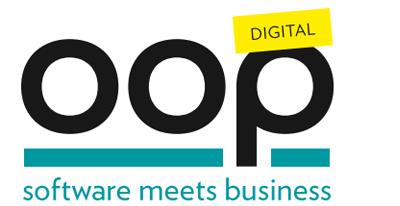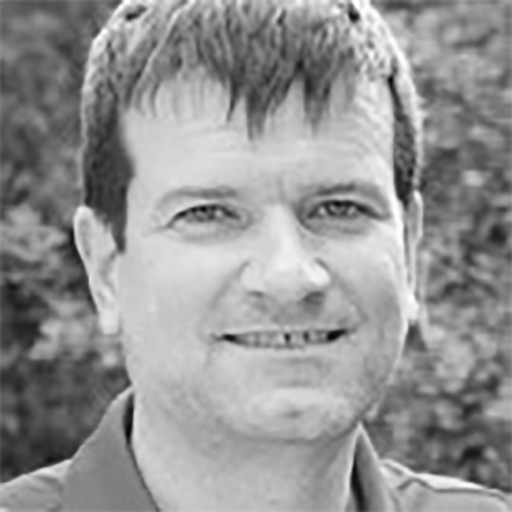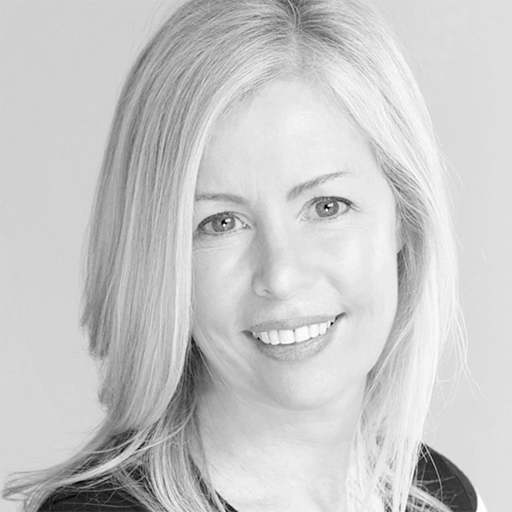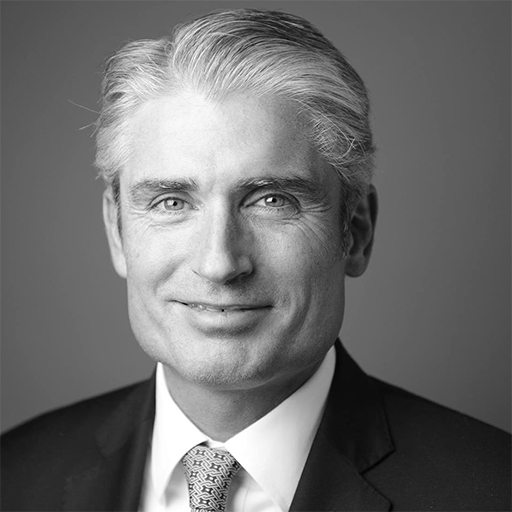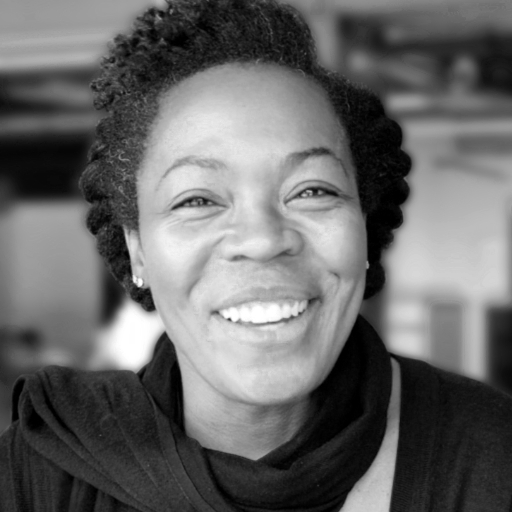
Conference Program
Please note:
On this site, there is only displayed the English speaking sessions of the OOP 2022 Digital. You can find all conference sessions, including the German speaking ones, here.
The times given in the conference program of OOP 2022 Digital correspond to Central European Time (CET).
By clicking on "EVENT MERKEN" within the lecture descriptions you can arrange your own schedule. You can view your schedule at any time using the icon in the upper right corner.
Track: Keynote
- Montag
31.01. - Dienstag
01.02. - Mittwoch
02.02. - Donnerstag
03.02.
The future of computing is heterogeneous, and therefore the future of programming involves programming heterogeneous systems.
Heterogeneous systems (those with accelerators) are sufficiently mature now to cause a swelling in demand for open, multivendor, multiarchitecture tools to replace the need for proprietary closed solutions.
“Dedicated or semi-dedicated hardware accelerators” are a must-have feature for computing. An excellent introduction to this topic is “A New Golden Age for Computer Architecture” by Hennessy & Patterson.
Fortunately, solutions are emerging – and James specifically discusses the motivations and future of SYCL and oneAPI as they vie to be important open solutions, multivendor, multiarchitecture solutions for programmers seeking to use heterogeneous machines.
James Reinders is an engineer at Intel, an is an author/co-author/editor of ten technical books related to parallel programming; his latest book is about SYCL (free download: https://www.apress.com/book/9781484255735). His parallel computing experience spans four decades, and he is currently focused on helping enable parallel programming in a heterogeneous world.
Mehr Inhalte dieses Speakers? Schaut doch mal bei sigs.de vorbei: https://www.sigs.de/autor/james.r.reinders
Many of us have a rough idea of what side-effects are and a vague sense that they're bad. It's a shame we're not more precise about it, because when you really understand side-effects you have an excellent new lens through which you can judge individual blocks of code, larger architectural patterns, and even whole system designs. So let's start by clarifying our understanding of what side-effects are and how to spot them. We'll see how easily they arise, leaving code that's harder to understand, harder to test and harder to decouple. Then we'll look at tools and techniques for eliminating those side-effects where it's possible and managing them where it isn't. Finally we'll zoom out to see how those ideas get expressed in every field of computing, yielding fundamentally different approaches to programming language design, DevOps, system architecture, and database design. There's an iceberg of complexity hiding in your systems' side-effects and by the end of this talk you'll be able to spot it and start tackling it, rethinking the way we deal with data and the systems around it."
Kris Jenkins is a Developer Advocate for Confluent, a veteran startup contractor, and former CTO & Co-Founder of a gold trading business. He started his career working for a finance company whose success depended on having a better data model than all their competitors, and the search for better architecture has been with him ever since.
Some codebases are nicer to work with than others. This is true for applications, services, libraries, frameworks, even programming languages themselves. Is this a purely personal choice or are there universal characteristics of software that can make code a joy to work with? Daniel has been thinking about this for a long time, especially since he poked a stick at the SOLID principles for fun a few years ago and people came after him with pitchforks.
Extended Abstract
His recent post about why he feels SOLID is outdated ended up on the front page of Hacker News! Now he has codified his thoughts into his own pithy five-letter acronym, CUPID: Composable, Unix philosophy, Predictable, Idiomatic, Domain-based. Why these characteristics, what do they mean, and why should you care? Can they improve your coding experience or is this just more programmer navel-gazing?
Vortrag Teilen
Everyone wants to innovate, the question is how do you change your environment to support innovation?
Gabrielle will introduce the innovation imperative; why innovation is a necessity, a look at the disruptors threatening the fundamental ways we do business, and how to create a sustainable innovation strategy.
We then go to the mean streets of Chelsea, London and meet Riccardo Mariti of Riccardo's restaurant. Riccardo will show you need to disrupt your business before you get disrupted and the importance of building continuous innovation into everything you do. Expect many stories and an interactive Q&A
Gabrielle Benefield founder of Mobius (Mobiusloop.com) is an advocate for purposeful innovation helping enterprises create innovation ecosystems to adapt to complexity and a rapidly changing future. Gabrielle adopted Agile and Lean thinking in the 90’s dotcom boom in Silicon Valley to successfully lead teams, including taking a scale-up reaching exponential 10x growth in a year and a robust Initial Public Offering, then spearheading one of the largest Agile enterprise transformations - scaling up to 250+ teams across three continents.
Since developing the earliest inception of Mobius in 2009 Mobius has helped individuals and organizations including Red Hat, World bank, American Express, World Health, Santander bank, US navy, Unicef solve complex problems in a transformational way. We work with scale-ups to large enterprises with over $73B in revenue, and diverse market sectors ranging from automotive, financial services, insurance, aerospace and healthcare.
https://www.linkedin.com/in/mobiusloop/
Riccardo Mariti is the Founder & CEO of Riccardo's Restaurant in London. He opened Riccardo's in 1995 and beginning in 2016 transitioned it to the ‘world's first scrum restaurant’. Using scrum, agile and mobius, Riccardo has pivoted his business model to measurably decrease staff overheads, decrease team member turnover while boosting team morale, customer satisfaction and profits.
Riccardo is a guest presenter at Harvard Business School’s intensive MBA program, and Riccardo’s Restaurant has become a showcase model for agile and innovation in a bricks and mortar business. Tesla, Bosch, 3m and EBRD European Bank of Reconstruction and Development have frequently visited the restaurant with senior management to see how the restaurant is run.
In 2020, in response to the Covid-19 Pandemic, Riccardo converted the restaurant into a deli and launched within 5 hours of the initial announcement of lockdown, later creating a line of retail food products which are now offered nationwide by overnight courier service. He is also pursuing several other joint ventures directly related to the Chelsea restaurant. Riccardo also has a background in real estate investment, development and management.
For most people, AI means robots taking human jobs or China’s surveillance of its citizens. Despite the hype around it and its image of progress, the real workings of artificial intelligence are not widely understood. Companies are already implementing a web of algorithms to optimize manual business processes. Most of the time, the larger IT organization is not included on the journey. This talk is an overview of how IT leaders can center the development of human teams in a world that is increasingly optimized by algorithms.
